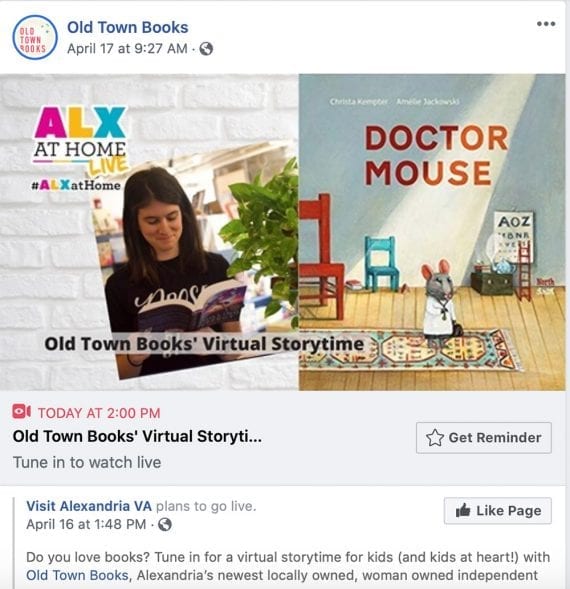As the coronavirus keeps millions of people at home, traffic to online stores continues to increase. According to Statista, even non-essential purchases are shifting online.
The screenshot below from Google Analytics is for a small business selling niche collectibles online. Comparing April 1-14, 2020, to 2019, Sessions, Transactions, and Revenue have increased 72.16 percent, 238.85 percent, and 173.30 percent, respectively. And that’s typically a slow period.

Track year-over-year activity in Google Analytics at Acquisition > All Traffic > Channels. Set the conversion type to Ecommerce and check to compare the data to the previous year.
The keys for this and any other business are two-fold: encourage sales during the shutdown and retain as many new customers afterward.
Here are five tactics that can help with both.
Maintain communication. Keep new and repeat customers informed of current offerings. Remind them you’re open for business. Highlight steps you are taking to ensure a safe working environment as well as the shipment of clean products. Let them know about delays or out-of-stocks. Most of all, thank them for their support.
Proactive communication with pertinent details is critical.

Keurig sends regular emails to remind customers about its auto-delivery program.
Be active on social media. Build and maintain relationships on your audience’s social channels. Post a healthy balance of informative, light, and engaging content. Respond positively to both public and private feedback.
Incorporate live chat. Virtual customer service is more important than ever. For many businesses, live web chat is better than phone operators. Live chat attendants can accommodate multiple customers at once. And many stuck-at-home consumers have been experiencing long telephone hold times. The last thing they want is another wait.
Give something back. Consumers are paying attention to businesses that are giving back to the community, especially when it’s done in unique ways. For example, Old Town Books, in Alexandria, Virginia, partnered with its local visitor center to host live, virtual storytimes on Facebook.

Old Town Books in Virginia aims to keep children occupied during the pandemic.
Giving back doesn’t need to be expensive. It can be as simple as volunteering time or providing printable how-tos or coloring pages.
Boost customer service. Consider what shoppers are going through and try to address their concerns. Both new and longtime customers are facing an uncertain future. Look to ease the stress by:
- Increasing timelines for returns and exchanges and lessening restrictions, such as requiring lengthy return-authorization forms.
- Clearly disclosing terms and requirements so they’re easier to understand.
- Listing on checkout pages expected shipping and delivery times. If your cart doesn’t calculate expected delivery dates, state the average transit period for each shipping method.
- Including tracking links in email notifications. Help customers track their shipments in real-time.
- Following up after the purchase. An email confirming everything has arrived in good shape is the final step in encouraging a repeat purchase from a first-time order.




